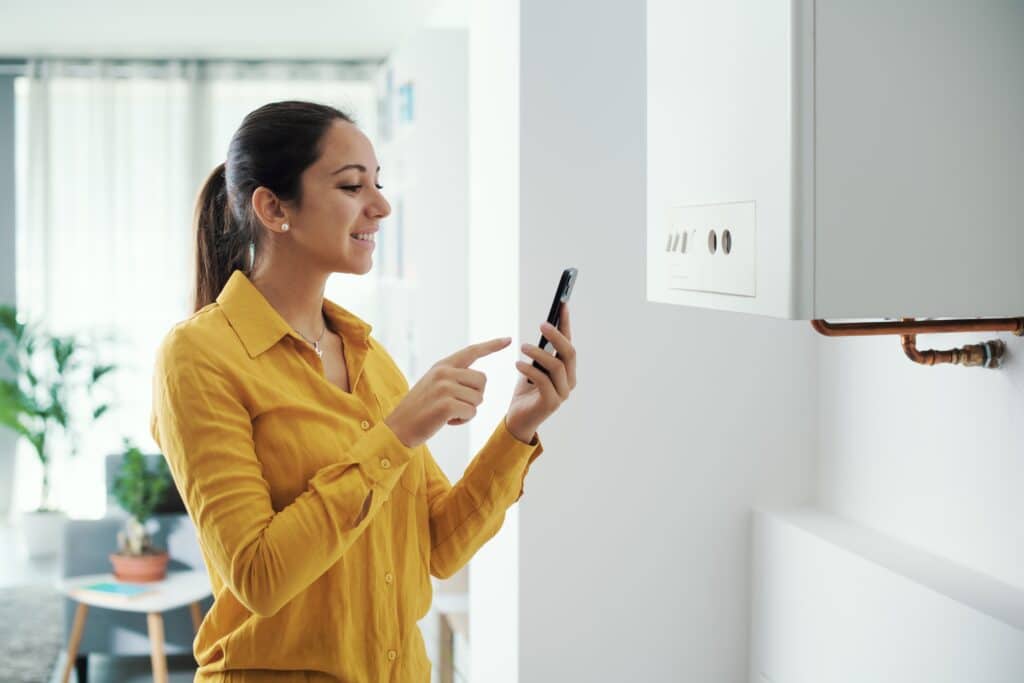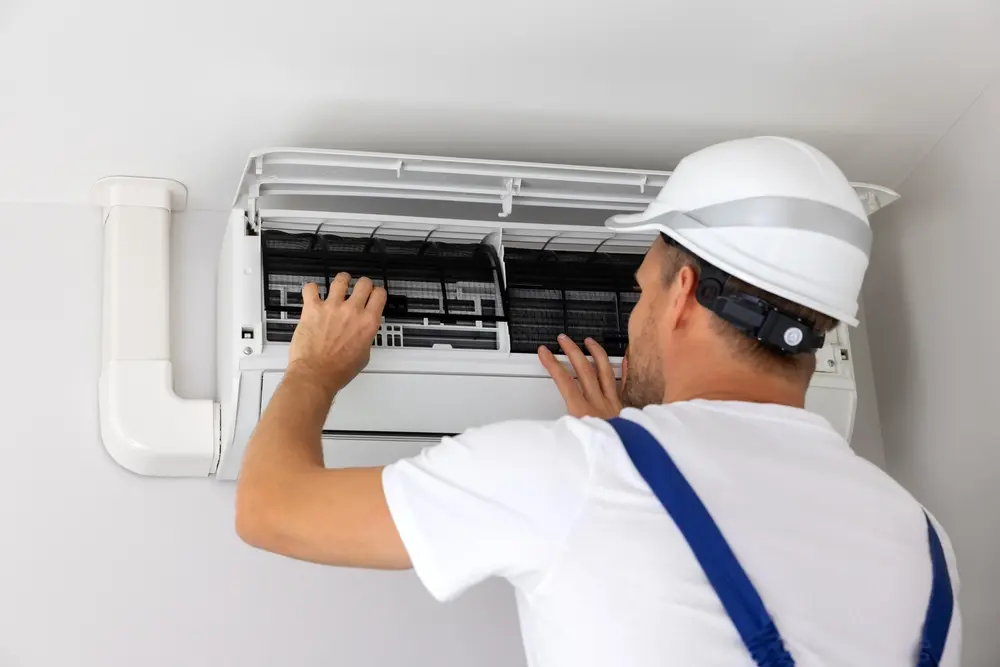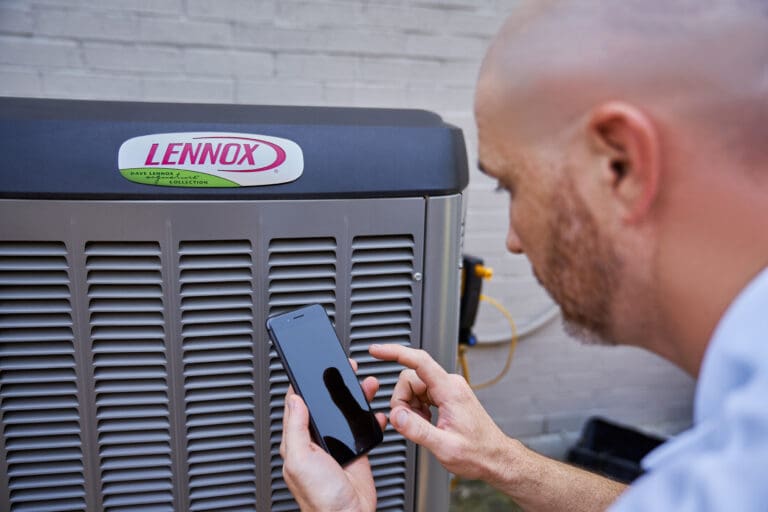
If you’ve never had a reason to turn off your water heater, that’s a good thing. Still, it’s smart to know how in case of a leak, repair or emergency. You might need to shut off the power, the water or both.
Here’s a quick guide on when to turn off your water heater — and how to do it, whether your model is electric or gas.
1. Know When to Turn Your Water Heater Off
Turning off your water heater means cutting the energy so it can’t heat. You generally shouldn’t turn your water heater off unless there are serious issues with it, such as:
- Leaks or water pooling around the tank
- Gas smells
- Hissing sounds
- Continuous water sounds when no tap is open
You’ll also want to turn it off if your property’s main water supply line is off for a long period. If you’re expecting to repair or replace your water heater, then either you or the technician can turn it off before the service.
Outside of these situations, it’s best to keep your water heater running. Shutting it off routinely offers little savings and can delay hot water when you turn it back on. Plus, switching the appliance on and off frequently puts extra strain on it.
2. Turn the Power off at the Source
You’ll almost always want to turn the power off first. There’s an exception for active flooding — in that case, close the water heater leak shut-off valve first to isolate the tank and stop the flow.
Otherwise, you can start with the steps below. The specific process depends on whether you have an electric or gas water heater.

How to Turn off an Electric Water Heater
If you have an electric water heater, you can follow these steps to turn it off:
- Look for a power switch on the tank. Many don’t have one, but if yours does, turn it off.
- Locate the circuit breaker. The on-off switch for an electric water heater will be in your electrical panel.
- Flip the breaker. Turn the switch off to stop the power going to the unit. This step is essential even if you turned off the local power switch.
How to Turn off a Gas Water Heater
For gas water heaters, the process differs slightly:
- Locate the gas control on the water heater and turn it off. For a short standby, you can use Pilot or Vacation mode.
- Close the manual gas shut‑off valve on the gas line if you’re servicing or replacing the unit. This usually means turning it so it’s perpendicular to the pipe.
- Switch off the dedicated breaker if the heater has electrical controls as a backup.
If you smell gas, don’t operate switches or valves — evacuate and call the gas utility or 911.

3. Use the Water Heater Shut-Off Valve if Needed
In some situations, you might also need to find the water heater shut-off valve to isolate the tank from the plumbing and keep more water from coming in. Be sure to do this after turning off the power. Otherwise, the unit can try to heat without proper flow, damaging electric elements or overheating a gas unit.
The shut-off valve is typically located on the cold water supply line entering the water heater. It may be a lever that turns perpendicular to close or a round wheel that you’ll need to turn clockwise.
If you have a tankless water heater, you’ll need to close the hot and cold isolation valves at the unit.
4. Call a Professional for Water Heater Services
If your water heater is making strange noises, overheating, smelling like gas or doing anything out of the ordinary, turning it off is a temporary solution. Your next step is to contact a professional to diagnose the problem, fix it and restore operations safely.
To learn more, call a professional plumber from FLAME Heating, Cooling, Plumbing & Electrical.
Last Updated on October 10, 2025 at 12:30PM EST





